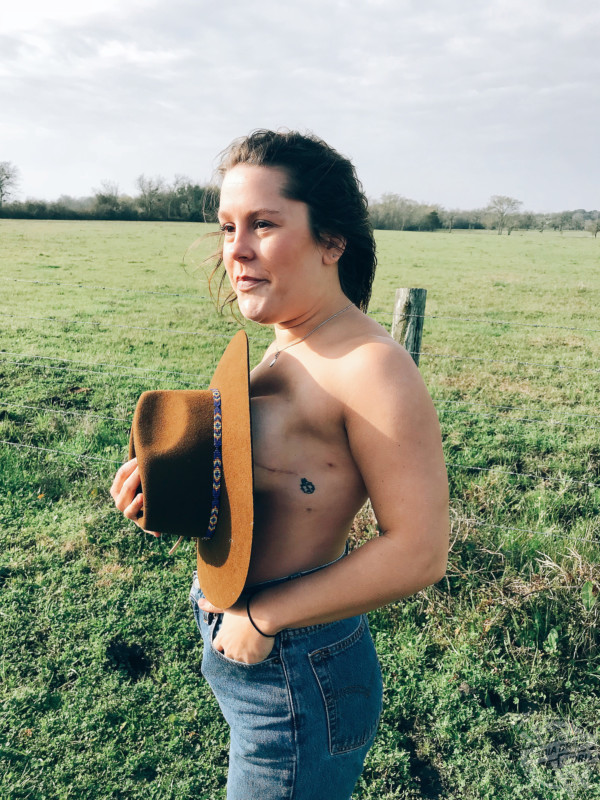
By Alyce Collins
THIS BRAVE woman lost her mother to breast cancer when she was only FIFTEEN and in a bid to prevent the same thing happening to her got tested for the BRCA gene and had a preventative mastectomy at just TWENTY-FOUR – which she celebrated by throwing a ‘BYE BYE BOOBIES BASH’ with friends.
Digital editor Kaylee Denmead (25) from New York, USA, witnessed her mother’s seven-year battle with breast cancer from the age of just eight years old. Kaylee’s mother, Jodi, sadly passed away aged 47 in October 2009 after prolonging her life for as long as possible.
In 2013, after reading about Angelina Jolie choosing to have a preventative mastectomy after testing positive for BRCA1, Kaylee knew that it was time she had her own genetic test carried out to find out if she too carried the BRCA1 gene.
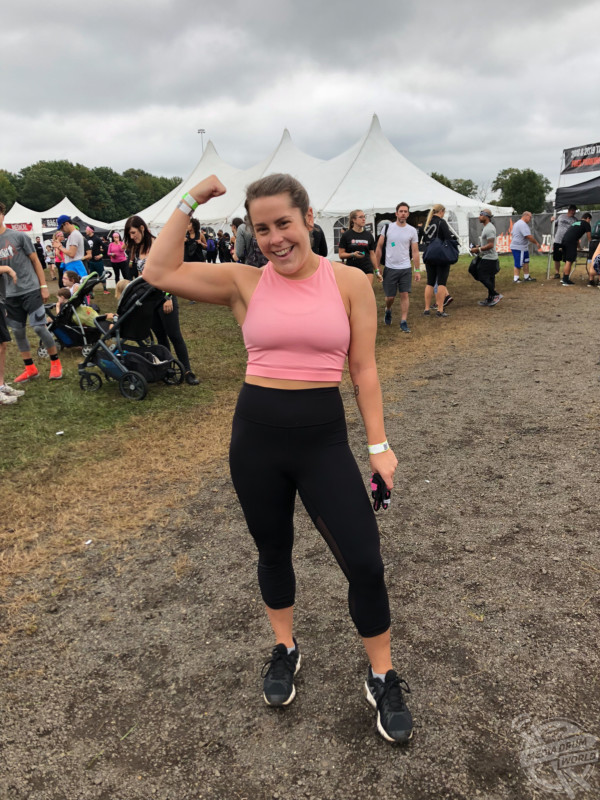
Kaylee has fond memories of her mother which she will eternally hold dearly, but she knew that she didn’t want her mother’s fight to be in vain, so Kaylee used the abundance of medical information she learned from her mum’s battle to improve her own chances at life.
In October 2013, four years after her mother passed away, Kaylee was tested for the gene mutation, which ultimately came back positive. Through the years, Kaylee attended numerous appointments for high-risk patients where she saw many sick women, and this was a poignant reminder of seeing her mother when she was sick. Kaylee began feeling as though she was playing a waiting game until she was also fighting for her life.
At the age of 24, Kaylee decided to go through with a preventative double mastectomy because she wanted to use the information she learned from her mother to her advantage.
The week before her mastectomy, Kaylee had a ‘Bye Bye Boobies Bash’ to celebrate her decision to extend her life. Party favours included cupcakes that looks like breasts and a banner reading ‘you’re the tits’.
“My mum’s first breast cancer diagnosis came when she was 40 years old,” said Kaylee.
“She found a lump which they treated with chemotherapy and radiation. When she went into remission, she asked to be tested for BRCA because she always said she had a feeling.
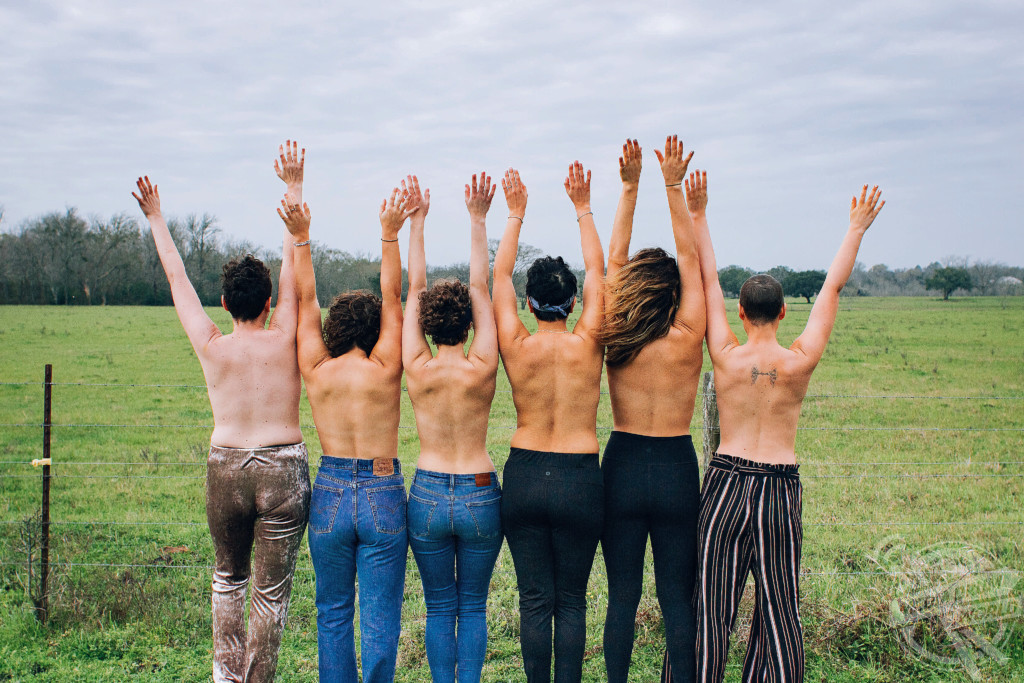
“My maternal grandfather had had colon cancer, so she believed that there could be a genetic component. This was around 2002, and BRCA testing wasn’t common then. This is before Angelina Jolie wrote her piece in the NYTimes, before it became something women knew about.
“My parents paid out of pocket for her test as insurance wouldn’t cover it. It came back BRCA1 positive. My mom immediately had a bilateral mastectomy and an oophorectomy. She wanted as much time as possible – really, she wanted until she was old.
“Just under two years later, her breast cancer came back in five places in her body. Metastatic breast cancer is terminal in almost all cases, which I think a lot of people don’t realise.
“From there, it was about buying time. She received constant treatment through ports in her chest and her head. She was always trying new medications and new drugs to prolong her life, and she did prolong it for a while. She passed away in October of 2009. She was 47, I was 15, and my brother, John, was 17.
“I knew I had a 50 per cent chance of carrying the gene, which really sunk in after my mum died. I just didn’t think about it, I was so consumed by grief and pretending to exist after my mum died.
“When Angelina Jolie’s piece came out, I felt like I’d been gut punched and knew I needed to get tested. My family were worried about me finding out so young in case it made me rush through life, but I hated living with the unknown.
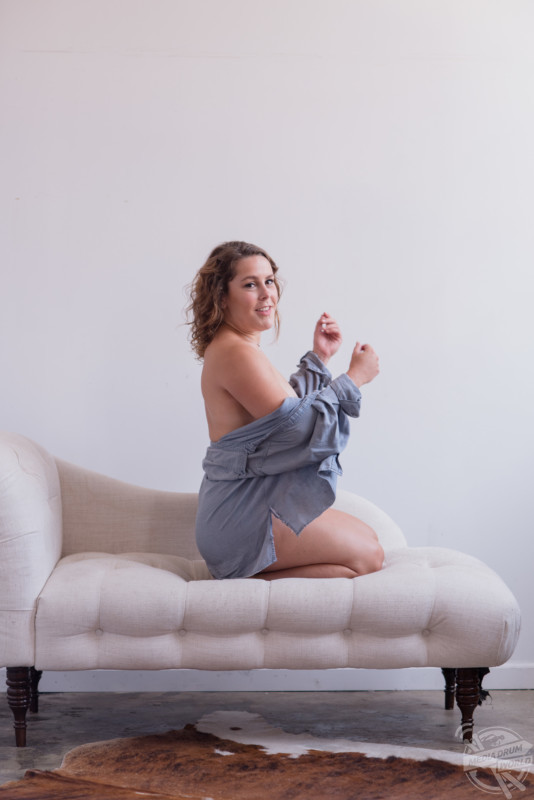
“I asked my grandfather to come with me and my mum’s nurses took our blood for the test and sent it out. Seeing her team of doctor’s was very surreal and extremely sad. It was four years to the month that my mum had died. My grandfather and I both came back positive for BRCA1.
“My grandfather passed away from cancer that December. When we got tested in October, we didn’t know his cancer had come back.
“I had a feeling that I would test positive and when we left the hospital after getting the results, my dad told me he also had a feeling I was positive. We’d both been scared to speak that into the universe before the results came back. We wanted to be hopeful.
“I went to high-risk appointments at the local breast centre and I hated them. The waiting rooms were filled with sick women. It began to feel like I was waiting to get sick. After a while, knowing my family was in a place where they could take the time to take care of me after the operation, so I decided to do it.
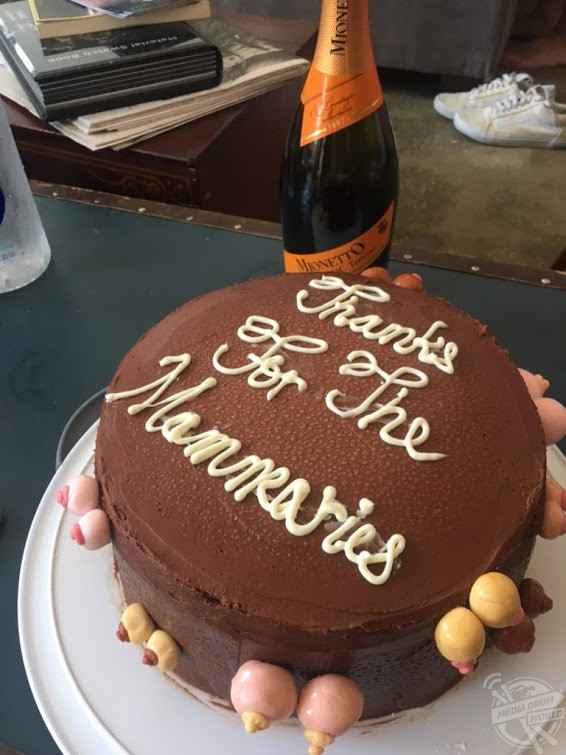
“I couldn’t live with myself if my mum left me with all of this medical information and I didn’t do anything with it and then I got cancer.”
In November 2018, Kaylee invited a group of friends to her apartment where they showed their support for her decision and celebrated her bravery.
Kaylee’s mastectomy was on November 13, followed by an exchange surgery on March 29, 2019. Kaylee admits that she thought she would feel an instant relief, but it took her a few weeks to accept her body after surgery. Now, Kaylee sees her scars as an important reminder of hers and her mother’s journey.
“The Bye Bye Boobies Bash was a blast. All my friends came, and they were the positive energy that I needed. My three best guy friends showed up with paper boobs on strings – they drew all different types of boobs and they handed them out to all the attendees.
“It’s one of the most incredible moments of my life that my friends came and chose to celebrate this life-changing decision. They were like that throughout my entire journey. I had felt so alone, and I felt like no one really knew what I was going through, but I was not alone.
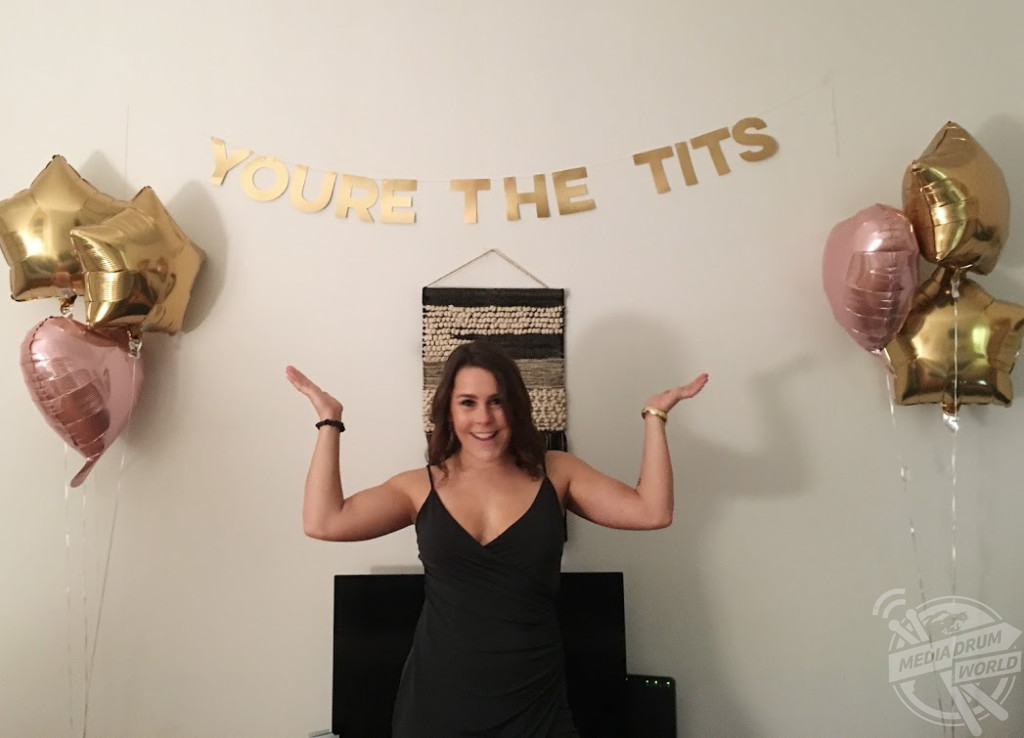
“I just wanted to make the experience feel more positive. I was choosing to save my life at 24, that’s not a small decision, and owning your body, especially as a woman, should be celebrated.
“My mastectomy was November 13, 2018. I thought the sense of relief would be all at once, but I think it will be more gradual.
“At my first appointment afterwards, my surgeon said that all my breast tissue was cancer-free, and that I had successfully reduced my risk to under two per cent. It was a very surreal moment. I’ll likely never get breast cancer – the disease that killed my mum. That was the first time I felt I changed my future and saved my life.
“I love my scars; they make me feel like I saved my life and they remind me of what my mum went through. They make me grateful for modern medicine and remind me of my own strength.
“I wish genetic testing was more common as I want more women and men to know what I was privileged enough to know. Think about how many less people would have breast cancer if they knew they were BRCA from a young age.”
To see more, visit https://www.instagram.com/kaylee_den/






